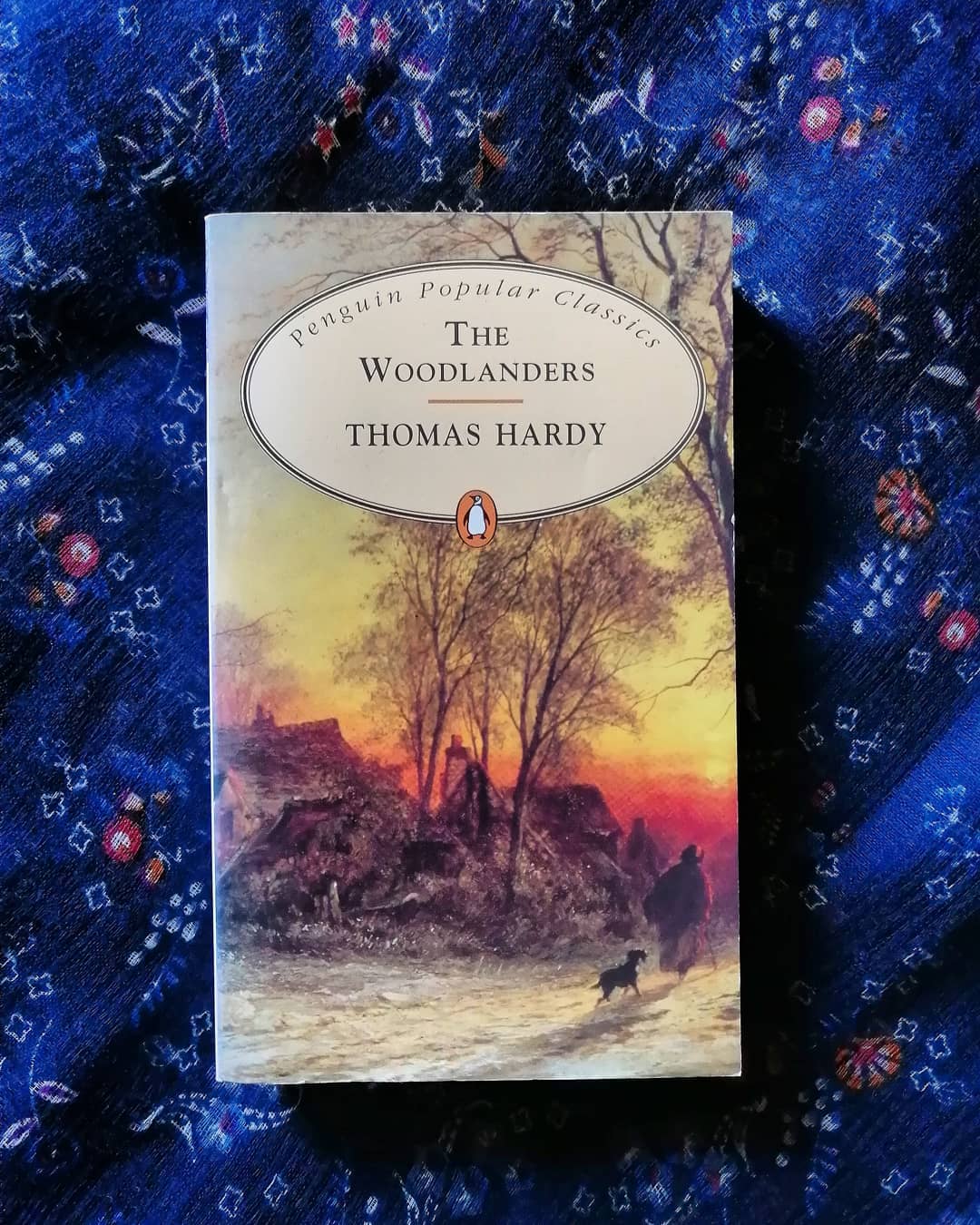Part 2 of our lesson looking at the differences between ‘to lend’ and ‘to borrow’.
✍️ ‘to borrow‘:
This verb means to take something from another person with their permission and consent, usually for a short period only. For example, we borrow books from the library – we don’t own them, neither does the library give them to us to keep, but instead we take them for a set time with their permission.
Of the two verbs ‘borrow’ and ‘lend’, ‘borrow’ is the easiest to grasp: it describes the action done by the receiver, often with a sense of responsibility. So if I ask someone if I can borrow their car, I am saying that I would like to have their car for a while and I pledge myself to be responsible for it during that time.
In The Woodlanders, Hardy writes a sentence that includes both ‘lend’ and ‘borrow’. Here we see that ‘Life’ has to borrow rest from ‘Death’ (capitalised because the speaker, Mrs Charmond, is addressing life and death as if they were persons with human characteristics).
📘 ‘Why should Death only lend what Life is compelled to borrow—rest?’
– Thomas Hardy, The Woodlanders (1887)
This description is very interesting since the verbs ‘borrow’ and ‘lend’ show readers that there is a power balance between the two entities Life and Death here. Life is doing the borrowing, therefore Life is taking or using ‘rest’ from Death only for a short time, knowing that Death is the ‘owner’ of rest. Life is almost pledging responsibility to Death for this transaction. It is a gloomy thought, yet penetrative at the same time.
📝 As with ‘lend’, so with ‘borrow’ it is difficult to find synonyms that include all that ‘to borrow’ means. However here are some synonyms to start you thinking: adopt, appropriate, take for temporary use, pledge, obtain, acquire.
I trust that these explanations will help clarify the distinction between the two verbs for you, but as always, if you have a further question, do get in touch through one of the contact forms.




